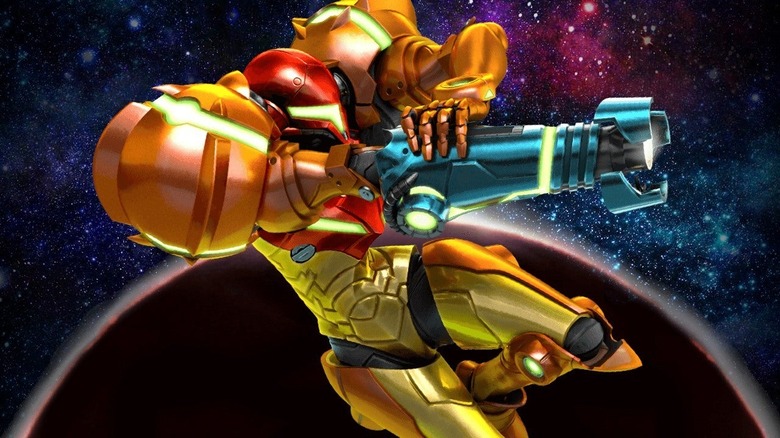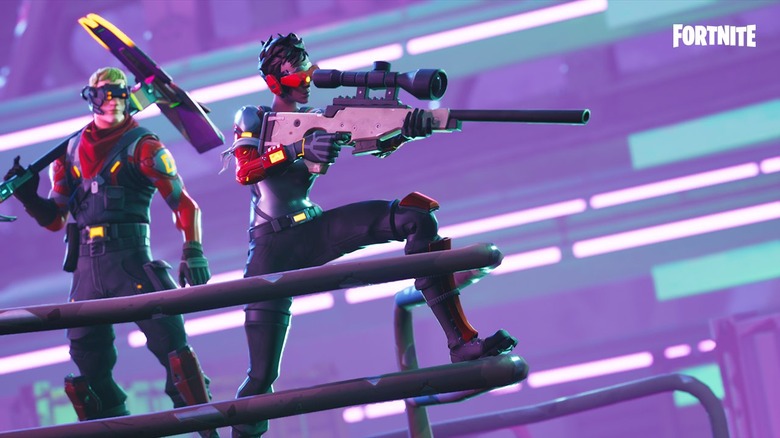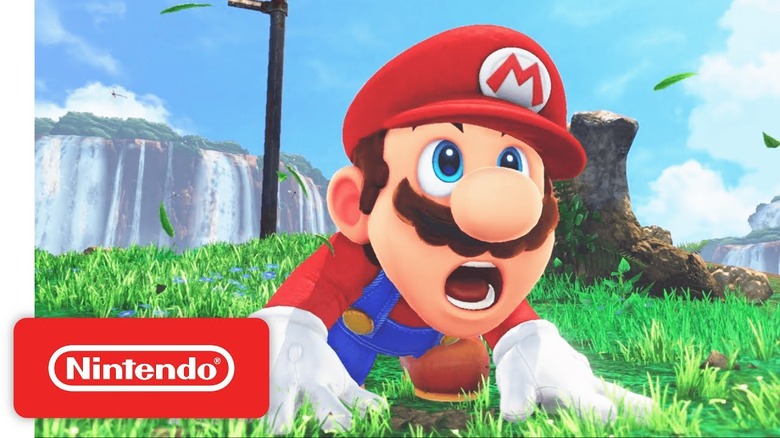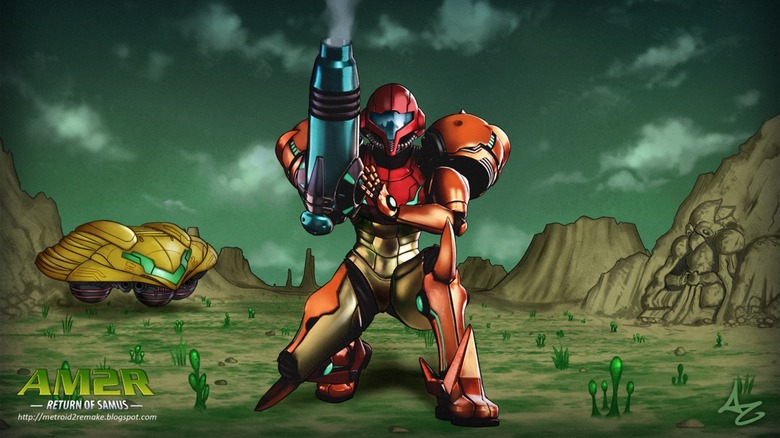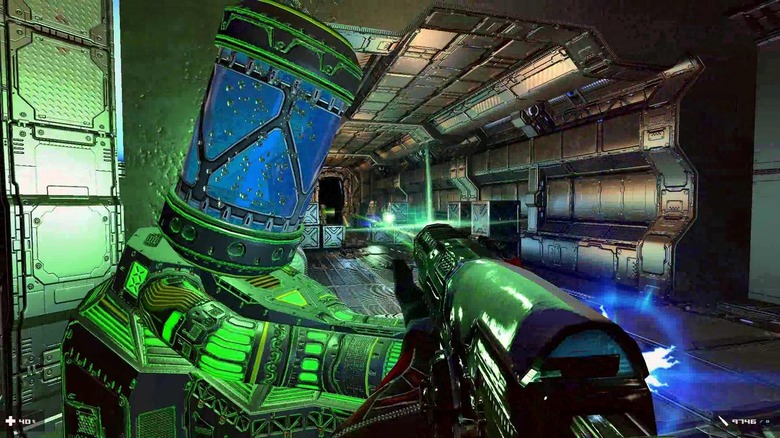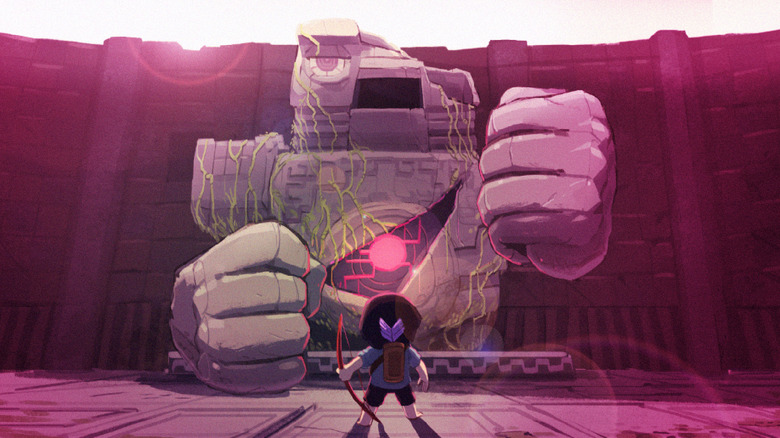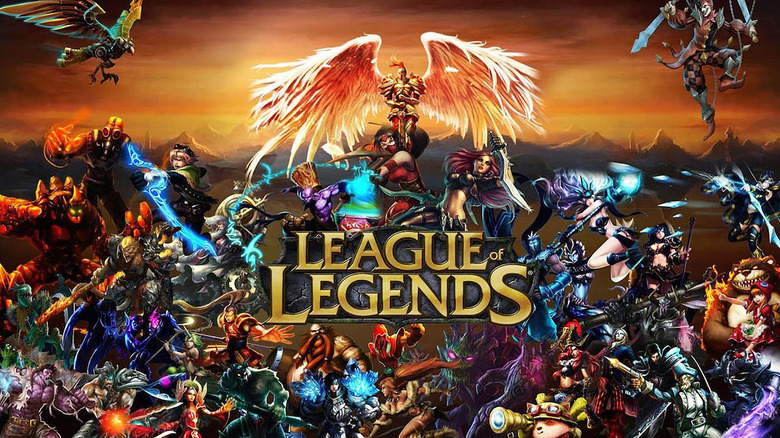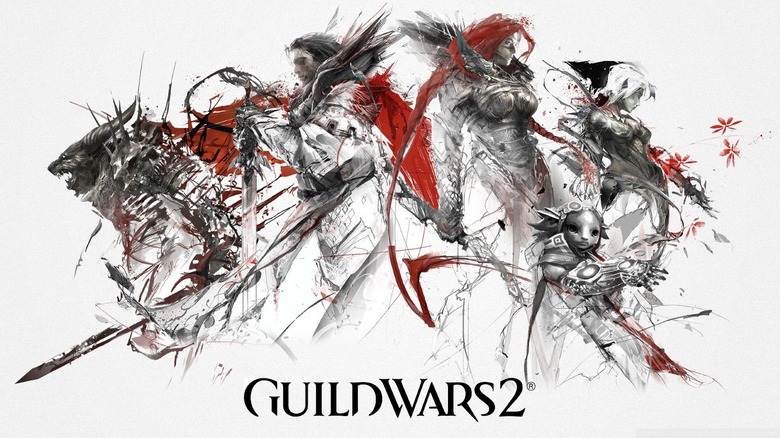Game Studios That Attacked Their Own Fans
The video game community is nothing if not passionate. And that passion bleeds through pretty much anywhere you look. From the developers who create the experiences we enjoy, to the writers who build the narrative worlds we inhabit, to the artists who bring those worlds to life, and to the content creators who keep us informed — there is passion all around.
And sometimes that passion can get you punished.
Game studios get overzealous in an attempt to protect themselves. They'll sometimes kill creative fan projects that aren't out to harm anyone. Or, if they're feeling especially litigious, they'll go after their customers in court. And some even take to the web to wage war with words, taking shots at those who offer an opinion of their work.
You'll see a bunch of those stories below. But you'll also see a few that, hopefully, make you think. Because they're not as clear-cut as they appear. And they may leave you wondering: can I be both a consumer — the kind who complains to management – and a passionate fan of a team's work?
Let that question bounce around in your head. In the meantime, here are game studios that attacked their own fans.
Epic looked to make an example out of an aimbot-using teenager
You've likely heard a thousand times about how big Fortnite is right now. Everybody and their mother is playing it, and that's fantastic for Epic in terms of the game's profitability. But that popularity also comes with a cost. The more people there are playing a game, the higher the odds are that a few of them will cheat. And to its credit, Epic has responded well to that issue.
But going after a teenager in court? That seems like a bridge too far.
Here's the story. Aimbots, which are pieces of software that make aiming extremely easy, have been a problem in Fortnite. One aimbot user made a YouTube video describing how he used the cheat software — and Epic responded by submitting a copyright takedown request. But the cheater appealed the video, and that left Epic with one of two choices: either leave it alone, or sue. Epic sued ... and then discovered that the creator in question was 14 years old.
Epic probably should have walked away right then and there. But the company didn't. Instead, it went even harder, continuing its lawsuit against the 14-year-old.
Eventually, cooler heads prevailed. Epic settled with the child, winning an injunction to prevent him from using cheats again in the future, or else risk a $5,000 fine.
Nintendo launched an all-out assault against YouTube creators
Let's Play videos have been a staple on YouTube for quite some time, and those in the video game industry have mixed feelings about them. On one hand, someone can simply watch a Let's Play without buying the game, consuming a story that might have cost millions of dollars to create. On the other hand, though, a Let's Play video can turn someone on to a game that might not have been on their radar.
There are pros and cons to them. But not in Nintendo's world. There, only the cons exist. And Nintendo has made it known that they do not like Let's Play videos.
A few years back, Nintendo kicked off a scorched-earth campaign against YouTube content creators who featured Nintendo products, issuing takedown notices just about anywhere a Nintendo game or character appeared. After a bit of backlash, Nintendo relented on the takedown front. However, the company instead went straight for the wallets of content creators, inserting itself into the process and siphoning off some of the proceeds of monetized YouTube videos under the guise of a "Nintendo Creators" program.
To make matters worse, Nintendo made the requirements for its program unnecessarily strict. Smaller channels now suffer for creating Nintendo content and see no profit from any Nintendo-related videos they produce. Perhaps Ryan Wyatt, YouTube's head of gaming, said it best: "I think there are ways to better improve and better optimize how they work with the creators."
Amen.
Nintendo is also known for stopping fan games dead in their tracks
But that's not the only front Nintendo is fighting on in terms of its intellectual properties. The company also has a sketchy history with independent creators: those who want to create free-to-play games — essentially art projects — that are an ode to their favorite Nintendo games. Nintendo does not view these games as tributes. The company is not flattered by the time and passion put into these projects. Instead, Nintendo has been combative.
And the company has taken down almost any fan-made game project that's gotten a whiff of publicity.
Take DoctorM64's remake of Metroid 2: Samus Returns, for example. The homebrewed project, titled AM2R, took him well over ten years to create. But that mattered very little to Nintendo, which issued a DMCA takedown, forcing DoctorM64 to halt work altogether. And to add insult to injury, Nintendo announced its own remake of Metroid 2 soon after.
Despite seeing his hard work get usurped by Nintendo's own project, DoctorM64 wasn't mad. "I wanted to remake something that needed to be remade," he told Kotaku. He then expressed excitement for Nintendo's version, adding, "I'm sure it'll be epic."
Digital Homicides tried to sue just about everybody
Steam has a reputation for playing host to a lot of shovelware — software that is cheaply made and built not to provide a great experience, but instead, to make some fast money. You'll recognize these games immediately, as they're almost always shameless rip-offs of more popular titles. On occasion, even the names of these games aren't all that original.
Game studio Digital Homicide was famous for these types of games. But that's not all it was famous for. The studio also became notorious for its frivolous lawsuits.
For instance, the studio once sued popular YouTuber Jim Sterling for daring to have a negative opinion about their games. And then there's the time Digital Homicides tried to subpoena the identities of 100 Steam users, accusing them of harassment, stalking, conspiracy to commit cyber bullying, and much more. The reality? The Steam users were a part of a group on the platform that acted as a sort of advocacy group, warning other users about Digital Homicides and their shoddy products.
That litigation against Steam customers ultimately cost the company. Steam responded by removing the studio's games from its store altogether, calling it "hostile to Steam customers." And the company couldn't survive after that. It shut down soon after.
The developer of Titan Souls had a famous beef with the late TotalBiscuit
Most creators have to deal with some criticism from time to time. And sometimes, that criticism takes the form of some hurtful words. Anyone who's ever posted online has probably seen some unsavory things in the comments section. So for game developers, who sometimes pour multiple years into a project, negative comments can sting quite a bit. But by making something, you also have to understand that it won't be for everyone.
That's how the late TotalBiscuit described the game Titan Souls, stating on Twitter, "Titan Souls is not for me. The idea of a boss-rush game where the only progression is unlocking more bosses does not appeal." That's pretty mild criticism. But the developer of the game, it seems, wasn't much of a TotalBiscuit fan. And he responded thusly.
Andrew Gleeson, the creator of Titan Souls, first fired back on Twitter, posting, "Toiletbiscuit doesn't like TS. THIS IS THE BEST DAY." But that wasn't the end. He later posted an image to his Twitter account of TotalBiscuit's tweet, printed out and stuck to his fridge.
Gleeson's response eventually backfired. TotalBiscuit wrote online that he could no longer cover the game objectively, as the developer's posts had "introduced an element of bias." And that ultimately cost the game some precious media coverage and, possibly, some sales.
A Riot Games designer defended an event for women and non-binary people ... and was fired
The next two examples of game studios attacking fans are of a different variety. They aren't necessarily instances where a studio, or employees of a studio, have gone out and purposely antagonized a well-meaning fan. Instead, they're moments where someone has come to the defense of a studio decision, or themselves, and felt the resulting wrath of community members who wanted nothing but their heads.
The first took place at Riot Games, the League of Legends studio that's already reeling from a string of negative news stories.
After revelations of rampant sexism at Riot Games became known to the world, the company vowed to change. Riot promised to do more to promote diversity within its ranks, and one of the steps the company took was to host an event at PAX that was limited to women and non-binary people. But a lot of men who followed the studio online railed against the move. Their negative reaction prompted a designer at Riot, Daniel Klein, to defend the event.
But he underestimated the power of mob justice. He used a few phrases that took shots at some of those complaining, and once the pitchforks pointed in his direction, his time was up. It wasn't long before he was fired by Riot for violating the company's "social media policy."
Two ArenaNet employees also got canned for pushing back against Guild Wars community members
A similar incident played out over at ArenaNet, the studio behind the popular title Guild Wars 2, and it cost two employees their jobs there: Jessica Price, a narrative designer; and Peter Fries, a writer.
It all started when Price tweeted out a huge thread that talked about some of the challenges she faced in her job; namely, the difficulty of writing for the player's character. After she wrapped up her extremely long thread, a Twitch streamer decided to jump in and offer his piece, essentially pushing his thoughts (from non-experience, mind you) onto her.
Price did not appreciate that.
She retweeted the streamer's comments, adding, "Today in being a female game dev. 'Allow me — a person who does not work with you — to explain to you how to do your job.'" But she didn't stop there. In a move not unlike Daniel Klein's at Riot, she continued on and gave the mob something to latch onto, tweeting, "Like, the next rando asshat who attempts to explain the concept of branching dialogue to me — as if, you know, having worked in game narrative for a f***ing DECADE, I have never heard of it — is getting instablocked."
A short time later, Price was without a job. And Fries, who had her back in the negative Twitter flood that followed her comments, lost his soon after.

